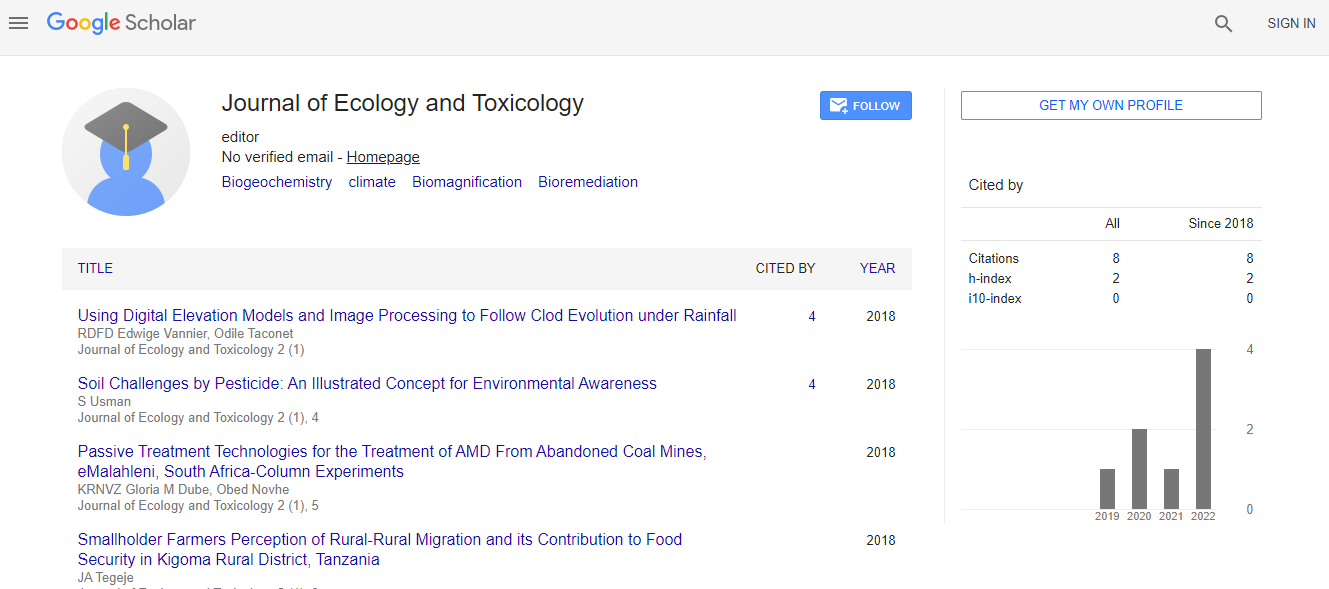The Transition to Renewable Energy: Opportunities, Challenges, and Policy Implications
*Corresponding Author:Received Date: Dec 30, 2024 / Published Date: Jan 30, 2025
Citation: Souza B (2025) The Transition to Renewable Energy: Opportunities, Challenges, and Policy Implications. J Ecol Toxicol, 9: 265.DOI: 10.4172/jety.1000265
Copyright: © 2025 Souza B. This is an open-access article distributed under the terms of the Creative Commons Attribution License, which permits unrestricted use, distribution, and reproduction in any medium, provided the original author and source are credited.
Abstract
The transition to renewable energy is a critical component in combating climate change, reducing greenhouse gas emissions, and ensuring long-term energy security. This paper explores the opportunities and challenges associated with the global shift towards renewable energy sources such as solar, wind, hydro, and geothermal power. Renewable energy offers the potential for sustainable growth, job creation, and a reduction in dependence on fossil fuels. However, the transition presents several challenges, including technological limitations, high initial infrastructure costs, and intermittency issues with renewable power generation. This paper also examines the role of government policies and international cooperation in facilitating the transition to a renewable energy future. Policies such as subsidies for renewable energy, carbon pricing, and investments in research and development are critical to accelerating the adoption of renewable energy technologies. The findings highlight that a comprehensive approach, combining technological innovation, sound policy frameworks, and public engagement, is essential to overcoming the barriers to renewable energy adoption. The paper concludes with a call for global cooperation and bold policy actions to enable a sustainable energy future.

 Spanish
Spanish  Chinese
Chinese  Russian
Russian  German
German  French
French  Japanese
Japanese  Portuguese
Portuguese  Hindi
Hindi 